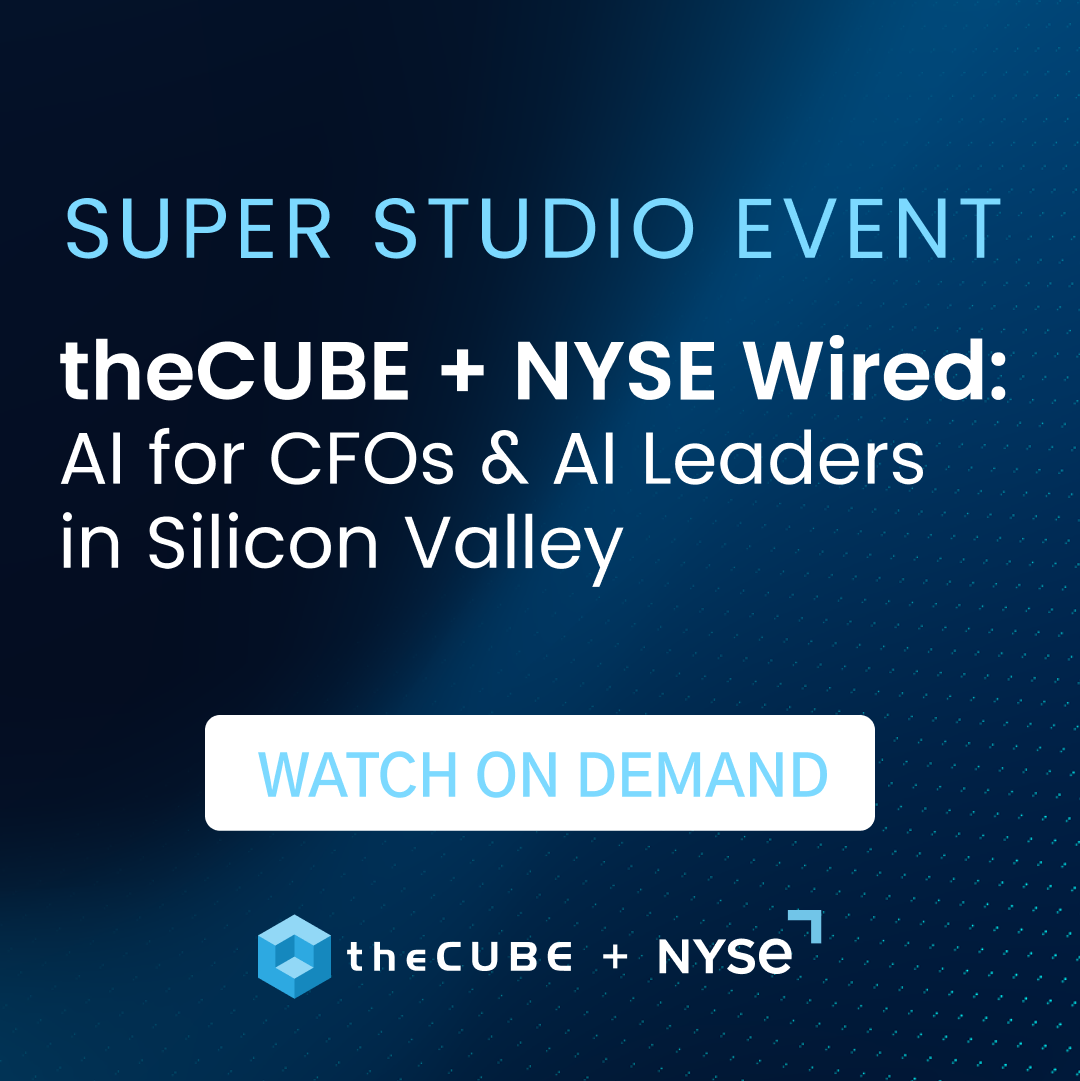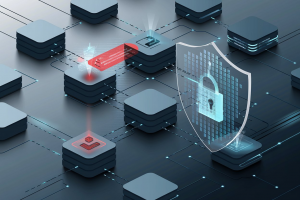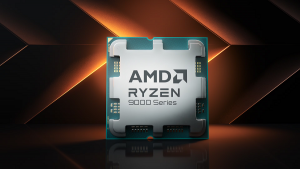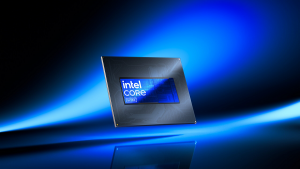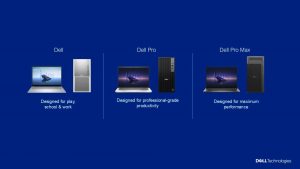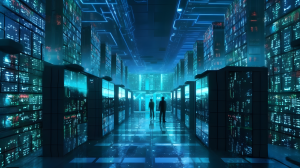GE Chief Dedicates Future to Industrial Internet – Breaking Analysis
![]() To say the very least, there was no shortage of big names at this year’s All Things D.
To say the very least, there was no shortage of big names at this year’s All Things D.
Elon Musk showed off his ambitious plans to make cross-country travel possible for electric cars with an array of supercharging stations. Dennis Woodside unveiled Motorola’s latest addition, the super-slim and sleek looking Moto X (Moto-Cross?). And in an unsurprising and uninspiring fashion, the head of Apple, Tim Cook, discussed the future of his business without really saying much at all.
But to me, a huge fan of computing and big data, the biggest presence at D11 came from a person whose business has nothing to do with computers – GE’s CEO, Jeff Immelt.
For those not in the know, GE is involved with pretty much everything. In fact, they’re rather conspicuously involved in nearly all electronics other than computers (due to longstanding ties and/or rivalry with IBM, perhaps). But for some reason or another, instead of talking about trains, turbojets, or power generators, GE’s CEO took the stage to discuss how the computing of big data will revolutionize the company of big iron.
In case you missed it, Jeff Kelly really hit the nail on the head with his description of the matter on this morning’s NewsDesk: “Increasingly it’s going to be the use of software both to automate…and also to make sure that the pieces of equipment are also running optimal.”
It makes you wonder if the real application of big-data isn’t for social networking and advertising, or even normal business administration, but instead for the really large-scale businesses. After all, large-scale businesses not only have the ability to collect mountains of various data sets at any given moment, but they have a financial incentive to collect and use that information to mitigate costs.
Of course there are two main problems with that; collecting the data, and processing it – and that’s exactly what GE’s chief vowed to accomplish, investing in big data, or as Immelt calls it, the industry internet.
![]() If GE’s investments in infrastructure and people pay off, and they manage to collect enough data points – and process it to determine inefficiencies – GE (with over a quarter million employees, half a trillion in assets, and fleets of jets, trains, and machines) stands to gain from even the most infinitesimal improvements, potentially resulting in savings on the order of millions of dollars.
If GE’s investments in infrastructure and people pay off, and they manage to collect enough data points – and process it to determine inefficiencies – GE (with over a quarter million employees, half a trillion in assets, and fleets of jets, trains, and machines) stands to gain from even the most infinitesimal improvements, potentially resulting in savings on the order of millions of dollars.
So really the only question is, what got GE, the electronics company that’s conspicuously not involved with computers, involved with big-data computing?
Kelly’s answer to this question was spot on: “I think GE took a step back two or three years ago and recognized that software and analytics are going to be a real differentiator in this market, and rather than cede that market to IBM (allowing IBM to sell analytics and services to GE’s customers), GE thought, Why don’t we provide the analytics ourselves?”
So it really was inevitable when you think about it. GE is run by a very rational and logical man in Jeff Immelt, and the rational and logical decision at this point in history is to embrace the fact that we’re eventually going to hand more and more of our management to computers.
They’re just better at it than we are.
So even though GE has gone this long without getting involved in computing, it’s clear that their business would be missing out on an incredible opportunity by not changing their ways.
Fortunately for GE, Mr. Immelt says he’s betting on the industrial internet. So am I.
For those of you who want to keep up with what’s coming up in the growing world of big data, don’t forget to watch us on the morning NewsDesk with Kristin Feledy.
photo credit: jdlasica via photopin cc
photo credit: JD Hancock via photopin cc
A message from John Furrier, co-founder of SiliconANGLE:
Your vote of support is important to us and it helps us keep the content FREE.
One click below supports our mission to provide free, deep, and relevant content.
Join our community on YouTube
Join the community that includes more than 15,000 #CubeAlumni experts, including Amazon.com CEO Andy Jassy, Dell Technologies founder and CEO Michael Dell, Intel CEO Pat Gelsinger, and many more luminaries and experts.
THANK YOU





